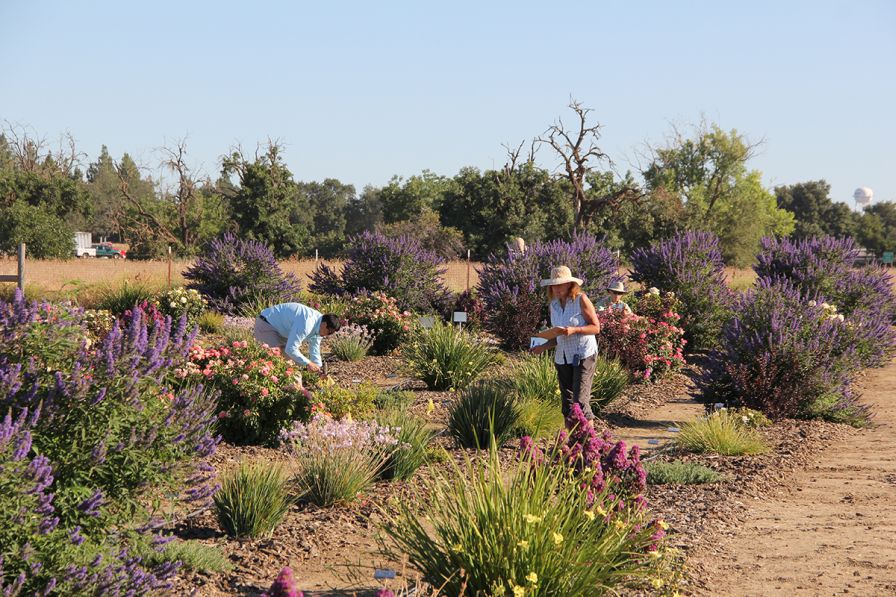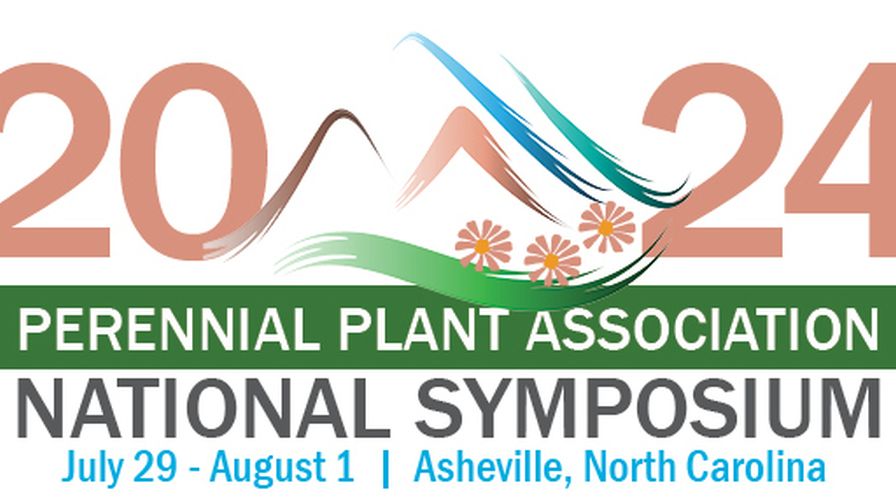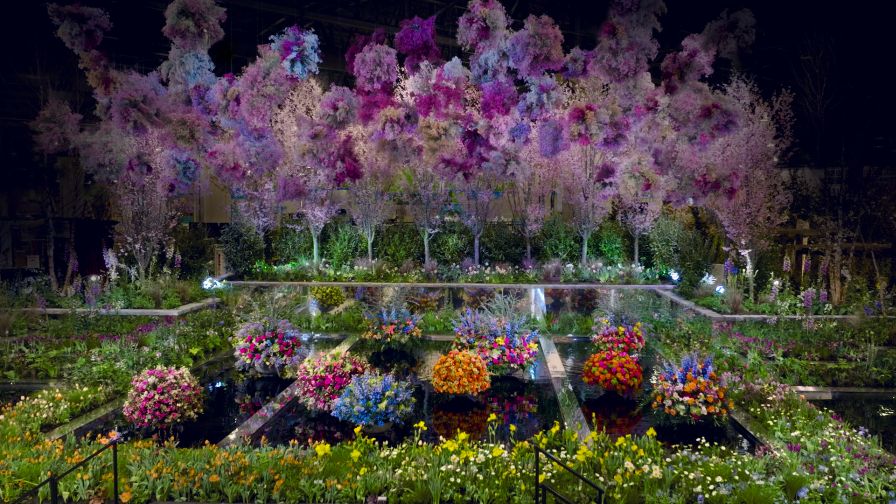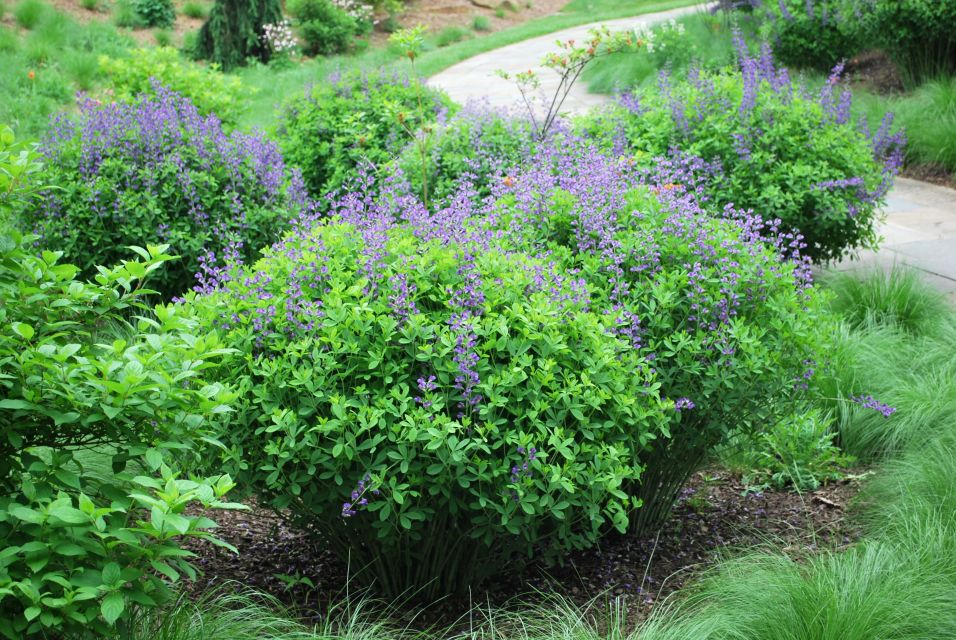Sounding Off On Sustainability
We received quite a response to grower Mark Shaw’s rant on being sick of sustainability and have posted the responses.
Here is the link to his original letter to us: Benchrunner Relay: Sick Of Sustainability!
And here are the responses we received last week:
Phillip Wilhelm, Hartford Greenhouse, Ohio
I think that in the long run, sustainability and survivability are the same thing. We as an industry are so dependent on oil, we will all be in trouble to survive in the not so distant future. We must find alternatives to plastic (pots, greenhouse coverings, etc.), heat, pesticides, fertilizers, fuel for transportation that are not dependent on oil.
Dale Deppe, Spring Meadow Nursery, Michigan
My definition of sustainability is making enough money to be able to do it all over again next year!!
Sara Wilcox, Keeline Wilcox Nurseries, California
“Sustainability” is like, huh? what? Everything I already do is working toward sustainability. I read an article recently that used the term “envirocapitalism.” I could relate to this term. It describes my approach to “sustainability.”
Jim Brady, Sunbeam Gardens, Ohio
As we see it, it’s “being small and keep it all.” That is what we strive for each day. Nice to hear about the big guys, but the small to medium growers are all leaving the industry. Write about how and why they throw in the towel. Love it or leave it, now is the test of time, new ideas and struggle with the economy. We are the green ones!!!
Dave Hutsell, GRO-ECO, A Fraleigh Nursery Co., Florida
I can understand Mark Shaw’s position on sustainability. He is seeing all the cost push pressures on his business along with a faltering economy and a drought, then saying, “Good grief! Here come the eco-nazis making the nursery industry out to be the enemy of the environment.” Mega growers feel it, too, with pressure to be sustainable from their customers. However, we must understand that we are the original green industry. With population growth and unprecedented strain on our natural resources, it is not a stretch to say we need to be much more proactive in protecting and managing such resources as water and water quality. There will be future generations with even greater needs. Read more here.
Arthur Hlavac, BWI Companies, Texas
I have seen the frustration with small growers already this winter. Rising costs are placing more and more pressure on margin. How do they incorporate the rising fuel costs into product? Fertilizer costs have been rising at a steady pace. Plastics have been rising. Fuel for delivering products is going up. These incremental costs are slowly choking the small to medium grower to death. I know there are no simple answers, but we do need to recognize the problem does exist and is getting worse. I know that it’s not easy. I just worry about my customers. They love to grow but they are finding it harder and harder to make a living at it. I am worried that inflation will set our market back. People in the middle to lower income will be choosing between gas and food and flowers.
Joe Boarini, Boarini Horticultural Services, Indiana
I enjoyed the fellow’s letter about survival/sustainability. I may not be in total agreement with this gentleman, however, the facts he presents are real. There are a whole lot of people out there who for lots of different reasons (some related and some not related) are struggling for survival. It is difficult for them to consider any type of additional expenditure if it doesn’t appear to produce immediate results. Long-term investment is simply not within reach for these folks. Esoteric ideas and programs like “sustainability” are just not going to resonate with a significant percentage of our industry right now. Those in leadership positions need to realize this dynamic as they move forward.
Clem Cirelli, Jr., Summit Plants and Flowers, New Jersey
I read the rant by the Alabama greenhouse grower who objected to the emphasis on “sustainability” at a recent trade show, as well as your reply, and had to comment. One problem with social engineering masquerading as “the next big thing” is it almost always places an unfairly heavy burden on those least capable of handling it. If you think “sustainable agriculture” bodes ill for marginalized growers, wait until the “carbon footprint” thing takes on all the trappings of a new bureaucracy complete with draconian regulations, fines, penalties, etc. The case for sustainability makes sense only in context, and the context would be that all businesses could reasonable be expected to afford compliance. Unfortunately, this is not the case, but try telling that to the bureaucrats running the show. Read more here.
Glen, Purple Martin Nurseries, Florida
Mark Shaw has it right. Especially with regard to the government subsidies to row farmers. Granted, no one needs a thing we grow. There is little help from the federal government, state government and especially local governments. The regulations are enough to make a person not want to enter into the nursery business. Here in Florida, my small garden center and landscape company are overwhelmed with government paperwork, most recently from Homeland Security. In Florida, nurseries and landscapers are required to be bonded to buy plants from other Florida nurseries. This bond is required even if you pay for the plants with a check on arrival. The state says it must be cash or debit/credit card. Problem is, not all landscapers are paying this tax and not all growers are requiring the bond. It pays to stay under the radar. It also pays to buy material from outside the state.
Brian Bartels, Bartels Plants, Inc., Michigan
Having just read Mark Shaw’s letter, it struck me how odd it is that a person who owns a business can have such a lack of understanding of economics. He says, “Start pointing fingers at the U.S. Departmetn of Agriculture for allowing fuel prices to rise so high that it’s choking the life out of small farmers.” What the heck does USDA have to do with energy prices or policy? He also decries the lack of governmental help, “Most row crops are subsidized. Why don’t y’all write a story about why a greenhouse operation that pays a hell of a lot more taxes ain’t?” I think an article chronicling the history of farm subsidies and their impact might be of value, but hopefully if such an article were printed, it would mention that after the advent of subsidies, the number of small to medium-sized farms fell sharply, replaced with large corporate farm organizations. If the grenhouse industry were to be subsidized, most of the governmental handout would be received by what Mr. Shaw termed “Mega Growers.” Read more here.








